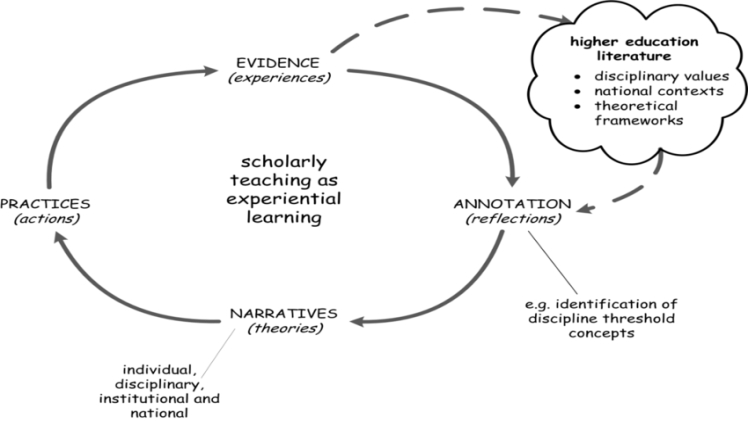In is landmark study, Scholarship reconsidered: Priorities of the Professoriate, Boyer [1] released a potentially powerful concept into the academic community: the scholarship of teaching. Boyer’s concern was to put teaching and research at the same level, since universities tend to value research and disregard the importance of teaching.
This way of seeing academic work appeared to offer the prospect of proportional and appropriate status for teaching alongside research, and, through greater respect for teaching, increased potential for enhancing the quality of student learning, emphasising the importance of student-centred learning and, ultimately, putting scholars in the role of co-learners. Boyer’s initial proposal for a scholarship of teaching left open what exactly a scholarship of teaching should be.
Visit the site : Tamilmv
Consequently, scholars around the world have interpreted the concept in various ways and proposed a large number of definitions of scholarship of teaching and learning. We concur with Rice [7] that proposed that the scholarship of teaching is based on the development and application of its several distinct elements: ‘content knowledge’, ‘pedagogical knowledge’, and ‘pedagogic content knowledge’ (p.125). Pedagogic content knowledge can be considered as the knowledge that establishes the connection between content and pedagogical knowledge.
Read more about: Filmygod
It portraits an unique combination of the two. Pedagogic content knowledge enables teachers to take risks, to adapt approaches that appear not to be working, and to adopt different approaches when class dynamics are different. Sharing and disseminating teachers’ experiences and practices is also essential for the improvement of the scholarship of teaching and learning.
Read more about: f95zone
Shulman [7] describes teaching as community property and sees communication as a key element. According to Boyer [1] and Trigwell and Shale [8], a concept of scholarship of teaching will be powerful only if, at his heart, it reflects what it is that is valued in teaching and what it is that is worth defending – a student-focused teaching practice. Increasing emphasis upon a learner-centred vision of university teaching demands student scholarly autonomy being the outcome of well-planned active learning experiences that help all students to develop as independent thinkers, and promote lifelong learning [1].
Read more about: f95zone

